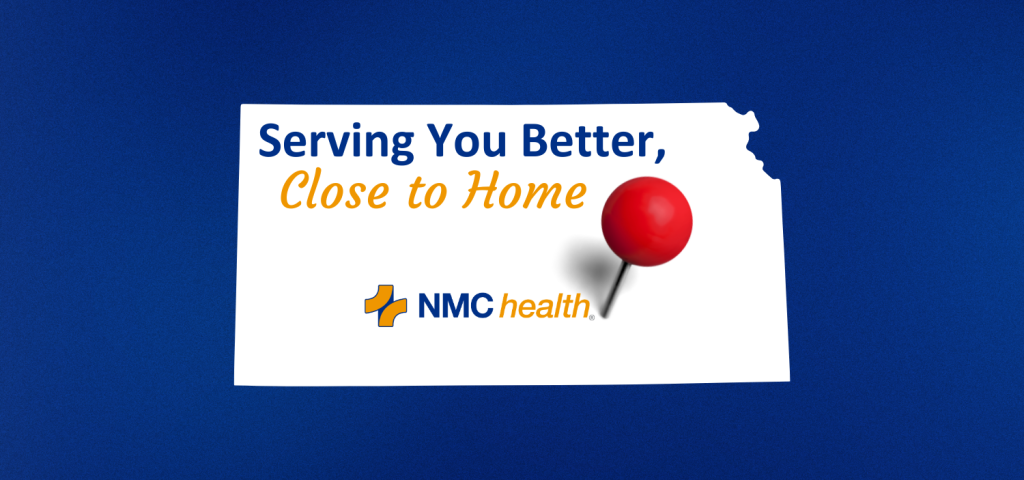Imagine having a kidney specialist available to help you and never having to step foot in your hospital room. Thanks to video calls and advanced technology, you can get top-notch care right from your hospital bed. Let’s explore kidney health and how TeleNephrology at NMC Health supports you.
What Do Your Kidneys Do - And What is Chronic Kidney Disease?
Your kidneys might not get as much attention as your heart or brain, but they have a big job. These small, bean-shaped organs are essential for filtering waste, balancing fluids, and regulating important body functions. They also:
- Play a key role in controlling your blood pressure
- Produce hormones which stimulates the making of red blood cells and regulate blood pressure
- Help activate vitamin D and maintain the balance of calcium and phosphate in your blood, which is crucial for bone health.1
Chronic Kidney Disease, or CKD, limits the kidneys’ ability to filter blood. Because the kidneys are damaged, excess fluid and waste remain in the body, causing other issues like:
- Heart disease
- Low iron
- More infections
- Low calcium, high potassium, and high phosphorus levels in the blood
- Loss of appetite
- Depression2
What Are Some Common Types of Kidney Disease?
Here are some more common types of kidney disease:
- Acute kidney injury
- Electrolyte imbalances
- Blood or protein in urine
- Kidney infections
- Kidney cancer
- Kidney failure, both acute and chronic
- And other kidney-related issues
What Is TeleNephrology?
Because CKD doesn’t really make you feel ill or come with symptoms, issues with your kidneys may not surface until you’re in the hospital. Or perhaps you’re admitted to the hospital with a known kidney condition or injury.
Here’s a simple look at how telenephrology works while you’re with us:
- Expert care is brought directly to you
- Your medical records, lab results, and other important information is reviewed by your doctor
- Your doctor may recommend treatments, which may include changing medications, ordering additional tests, or starting new treatments
- Your kidney health is monitored throughout your hospital stay
Once You're Home...
Once you leave the hospital, you need to keep your kidneys in great shape.
- Drink lots of water
- Eat a balanced diet
- Exercise regularly
- Manage your blood pressure and blood sugar
- Don’t smoke
- Limit alcohol
- Get regular check-ups3
1National Kidney Foundation (n.d.). “What Do My Kidneys Do?” Retrieved from https://www.kidney.org/kidney-topics/how-your-kidneys-work
2Centers for Disease Control and Prevention (CDC) (2020). “Chronic Kidney Disease Basics.” Retrieved from https://www.cdc.gov/kidney-disease/about/index.html.
3National Kidney Foundation (n.d.) “Six Step Guide to Protecting Kidney Health.” Retrieved from https://www.kidney.org/kidney-topics/six-step-guide-to-protecting-kidney-health.


